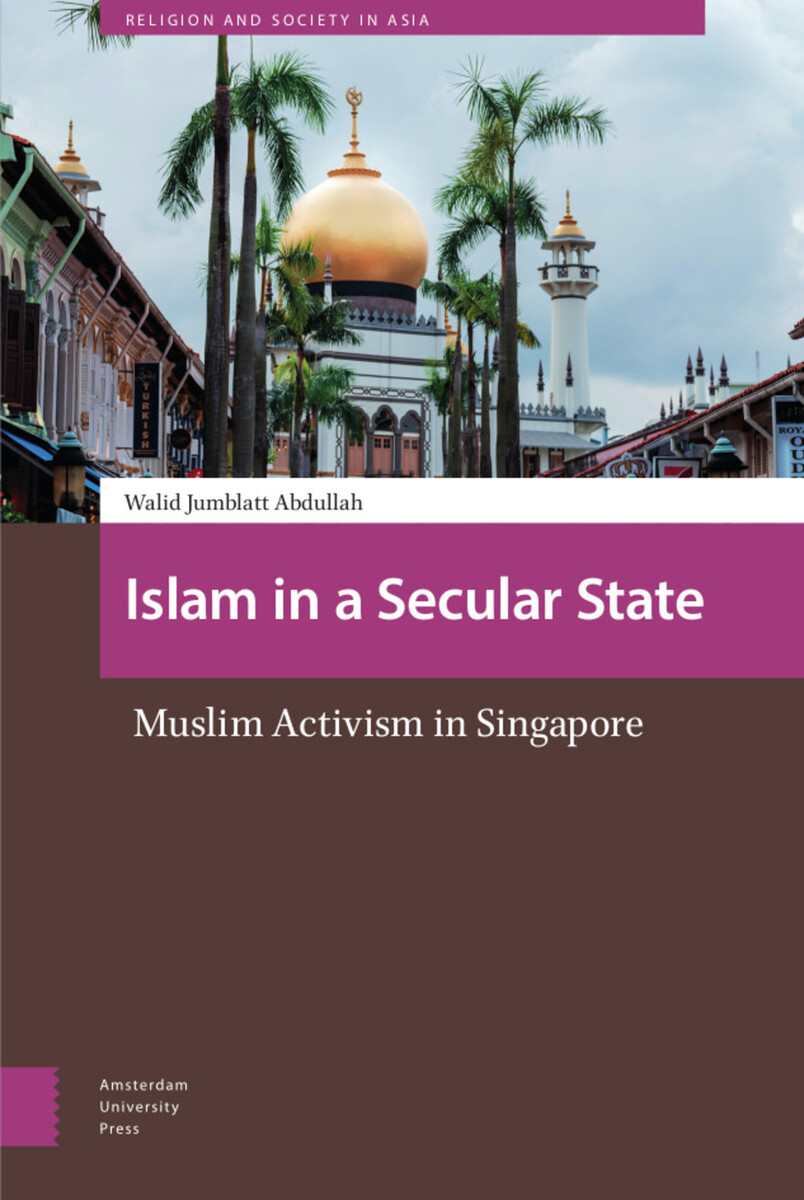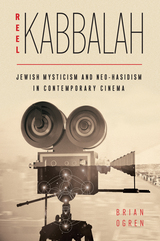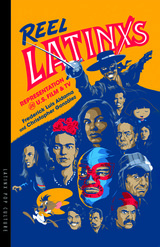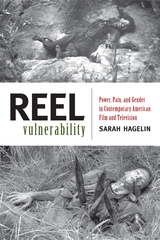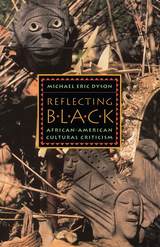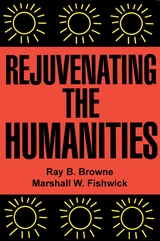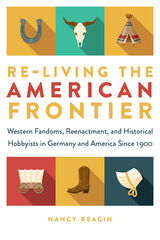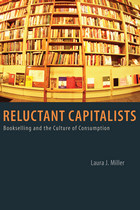Islam in a Secular State: Muslim Activism in Singapore
Amsterdam University Press, 2021
eISBN: 978-90-485-4441-7
See other books on: Islam | Islamic Studies | Religion | Religion, Politics & State | Secular State
See other titles from Amsterdam University Press
eISBN: 978-90-485-4441-7
ABOUT THIS BOOK | AUTHOR BIOGRAPHY | TOC
ABOUT THIS BOOK
The overtly secular state of Singapore has unapologetically maintained an authoritarian approach to governance in the realm of religion. Islam is particularly managed by the state. Muslim activists thus have to meticulously navigate these realities - in addition to being a minority community - in order to maximize their influence in the political system. Significantly, Muslim activists are not a monolith: there exists a multitude of political and theological differences amongst them. This study analyses the following categories of Muslim activists: Islamic religious scholars (ulama), liberal Muslims, and the more conservative-minded individuals. Due to constricting political realities, many activists attempt to align themselves with the state, and call upon the state to be an arbiter in their disagreements with other factions. Though there are activists who challenge the state, these are by far in the minority, and are typically unable to assert their influence in a sustained manner.
See other books on: Islam | Islamic Studies | Religion | Religion, Politics & State | Secular State
See other titles from Amsterdam University Press
